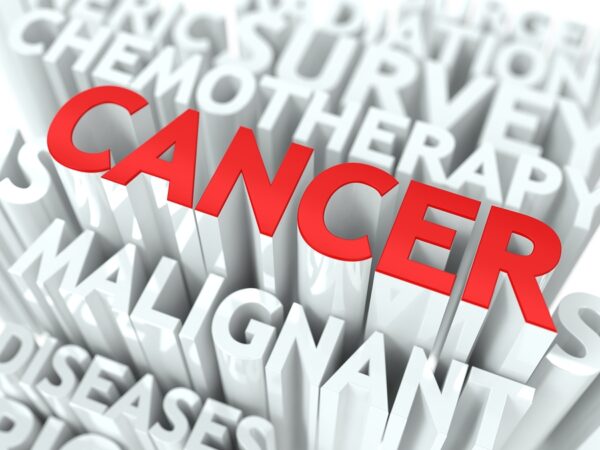January 20, 2023

During the month of February, you will find that the month is dedicated to cancer prevention. Cancer develops when cells with defects proliferate out of control. Eventually, certain tumors may metastasize or spread to other tissues.
When an alteration in one or a few genes causes abnormal cell growth and division, cancer begins. This could lead to an abnormal development known as a tumor. The chance of having cancer may grow with age. Although cancer is not always avoidable, seniors and caregivers should be informed of ways to lower risk. Here are some considerations for you and your senior loved one.
How to Prevent Cancer for Seniors?
If you or home care take care of a senior full time, you may wonder how to minimize their risk of cancer. Sometimes cancer is hard to control, but living a well-rounded and healthy lifestyle can decrease the chance of having some types of cancer. Here are things to consider when caring for your elderly loved one.
Use SPF In The Sun
This is a severely underrated step, and something your seniors may not think they need to do. However, everyone needs to wear SPF when they go outside, regardless of skin color. Sun damage and UV light exposure are the primary causes of skin cancer. Avoiding direct sunlight between 10 a.m. and 4 p.m., finding shade, dressing in layers, and applying sunscreen with an SPF of at least 30 may help lower the likelihood of skin cancer. If they need help putting lotion on, this may be something that a home care provider can help with.
Encourage Them to Stop Smoking
There are at least 69 compounds in tobacco smoke known to cause cancers of the mouth, throat, larynx, and lungs. Your loved one’s chance of developing cancer increases if they smoke or are exposed to secondhand smoke. Seniors who smoke can lower their risk by giving up the habit. While those who don’t should never start and should try to avoid situations where they might be exposed to secondhand smoke.
Focus on Diet More
Eating healthily has been proven to lower cancer risk. Many plant-based foods, including fruits, vegetables, whole grains, and legumes, include bioactive compounds with anticancer benefits. Thus making them effective in the fight against cancer.
Ensure Your Senior is a Healthy Weight
Maintaining a healthy body weight lowers the risk of developing cancer in your loved one. Reducing weight reduces the chances of developing prostate, colon, and kidney cancers. High insulin levels are associated with being overweight, and obesity is a risk factor for cancer.
What To Do If a Senior Is Diagnosed with Cancer?
Firstly, your seniors should regularly visit their doctors to screen for specific types of cancer, especially if there is a family history of cancer. If your senior needs help getting to appointments, they may need to look for a home care provider or service that can take them to the doctors. If your senior is diagnosed with cancer, it is important to look at all treatment options and stay calm. Cancer is not a death sentence, but a challenging part of life to get through. Always talk to their doctor about what will happen.